Rabbit petting offers a unique blend of tactile comfort and emotional connection that effectively soothes anxiety. When you stroke a rabbit's soft fur, you engage in a repetitive, mindful action that can slow your heart rate and reduce stress hormones. The quiet, gentle nature of rabbits creates a calming atmosphere, helping you focus on the present moment. Their non-judgmental presence provides emotional support, fostering feelings of companionship and safety. The physical act of petting releases oxytocin, promoting relaxation and well-being. By establishing a soothing environment for these interactions, you can maximize the therapeutic benefits of this simple yet powerful anxiety remedy. Discover how this furry friend can transform your mental state.
The Calming Nature of Rabbits

Fluffy ears and twitching noses greet you as you approach a therapy rabbit. These gentle creatures possess an innate ability to soothe your nerves and calm your mind. Their soft fur and warm bodies invite you to stroke them, creating an immediate sense of comfort and connection.
As you pet a rabbit, you'll notice their steady breathing and relaxed posture. This tranquil state is contagious, encouraging you to slow your own breathing and release tension. The repetitive motion of stroking their fur can be meditative, helping you focus on the present moment and forget your worries.
Rabbits are naturally quiet animals, providing a peaceful atmosphere without overwhelming stimuli. Their presence doesn't demand anything from you, allowing you to simply be in the moment. The act of caring for and interacting with a rabbit can also boost your self-esteem and sense of purpose.
Moreover, rabbits' non-judgmental nature makes them ideal companions for those struggling with anxiety or depression. You can express yourself freely without fear of criticism, fostering a safe emotional environment.
This unique combination of physical and emotional benefits makes rabbit petting a powerful therapeutic tool.
Tactile Stimulation and Stress Reduction
The act of petting a rabbit goes beyond mere comfort; it provides significant tactile stimulation that can dramatically reduce stress levels. As you run your fingers through a rabbit's soft fur, you're engaging multiple sensory receptors in your skin. This tactile experience triggers the release of oxytocin, often called the "love hormone," which promotes feelings of bonding and relaxation.
The repetitive motion of petting also helps to slow your breathing and heart rate, inducing a meditative state. You'll find your mind becoming more focused on the present moment, letting go of worries and anxieties. The warmth and texture of the rabbit's fur can be grounding, helping you feel more connected to your surroundings.
Moreover, the gentle pressure of petting activates your body's parasympathetic nervous system, which counteracts the effects of stress. This leads to decreased cortisol levels and increased serotonin production, further enhancing your mood and reducing anxiety.
The combination of these physiological responses makes rabbit petting an effective, natural way to alleviate stress and promote overall well-being.
Emotional Connection With Furry Friends

When you spend time with a rabbit, you're not just petting a soft animal; you're forging a meaningful emotional bond. This connection goes beyond the physical sensation of touching fur, tapping into our innate need for companionship and nurturing.
As you interact with your furry friend, you'll find yourself developing a sense of responsibility and care that can be incredibly fulfilling.
The emotional benefits of bonding with a rabbit are numerous:
- Increased empathy: Caring for a rabbit helps you become more attuned to the needs of others.
- Reduced loneliness: Having a rabbit companion can provide comfort and alleviate feelings of isolation.
- Improved mood: The joy of interacting with a playful, affectionate rabbit can boost your overall happiness.
As you develop a relationship with your rabbit, you'll notice changes in your emotional state. Their presence can provide a calming influence during stressful times, offering a silent but supportive ear when you need to talk.
The unconditional love and acceptance you receive from your rabbit can boost your self-esteem and help you feel more secure in your daily life.
Mindfulness Through Rabbit Interaction
Interacting with rabbits offers more than just emotional comfort; it can also be a gateway to mindfulness practices. As you stroke a rabbit's soft fur, you're naturally drawn into the present moment. The repetitive motion of petting encourages you to focus on the sensations in your hand, the texture of the fur, and the rabbit's gentle breathing.
This engagement with your senses is a fundamental aspect of mindfulness. You'll notice how your own breathing may slow to match the rabbit's, creating a calming synchronicity. The rabbit's stillness can inspire you to be still as well, both physically and mentally.
As you observe the rabbit's twitching nose or alert ears, you're practicing mindful awareness. You're not dwelling on past worries or future anxieties; instead, you're fully present. This state of mind can help reduce stress and anxiety, improving your overall well-being.
Moreover, the quiet presence of a rabbit can serve as an anchor for meditation. By focusing on the rabbit's peaceful demeanor, you can more easily let go of distracting thoughts and enter a meditative state.
Physiological Benefits of Animal Contact
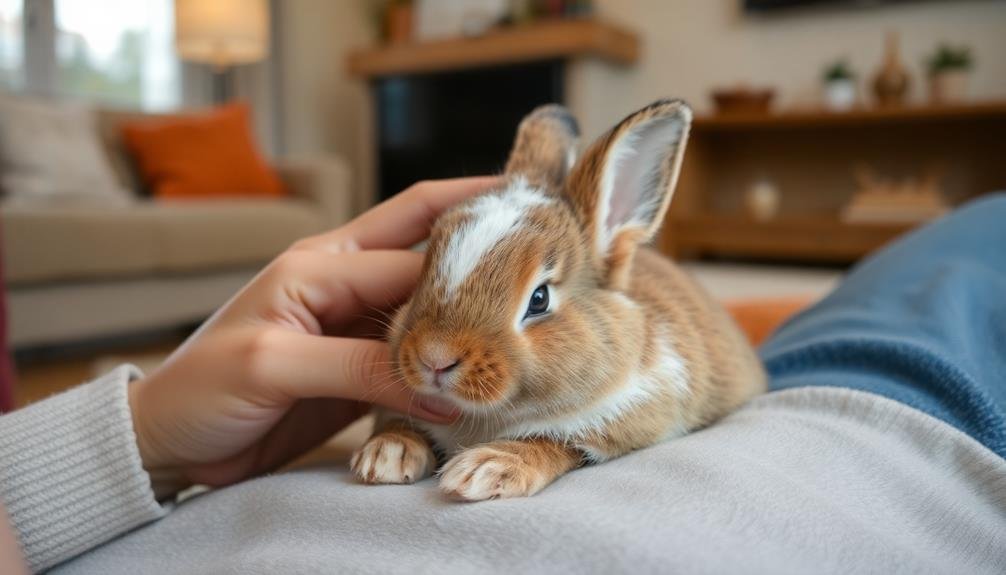
When you pet a rabbit, you're not just enjoying a soft, fluffy experience; you're also gaining significant physiological benefits.
Your stress hormone levels can decrease, leading to a calmer state of mind and body.
Additionally, the rhythmic act of stroking a rabbit can help regulate your heart rate, promoting cardiovascular health.
Stress Hormone Reduction
Petting rabbits can greatly bring down your stress hormone levels, offering tangible physiological benefits. When you interact with these soft, furry creatures, your body responds by reducing the production of cortisol, the primary stress hormone. This reduction in cortisol leads to a cascade of positive effects on your overall well-being.
As you stroke a rabbit's fur, you'll experience:
- Decreased heart rate
- Lowered blood pressure
- Improved immune system function
These physiological changes aren't just temporary; they can have lasting effects on your body's stress response. Regular rabbit petting sessions can help recalibrate your stress hormone levels, making you more resilient to daily stressors.
You'll find yourself better equipped to handle challenging situations and maintain a sense of calm throughout your day.
Moreover, the act of petting a rabbit stimulates the release of oxytocin, often called the "love hormone." This further counteracts the effects of stress hormones, promoting feelings of relaxation and contentment.
Heart Rate Regulation
Beyond stress hormone reduction, rabbit petting offers significant benefits for heart rate regulation. When you stroke a rabbit's soft fur, your heart rate tends to slow down and stabilize. This calming effect is attributed to the rhythmic motion of petting and the tactile sensation of the rabbit's coat.
As you engage in this soothing activity, your body's parasympathetic nervous system activates, promoting a state of relaxation. This "rest and digest" response counteracts the effects of stress and anxiety, which often cause elevated heart rates.
Regular interaction with rabbits can help train your body to maintain a more balanced heart rate even in stressful situations. The act of focusing on the rabbit and the petting motion also serves as a form of mindfulness, drawing your attention away from worries and into the present moment.
This mental shift further supports heart rate regulation by reducing anxiety-induced cardiovascular strain. Additionally, the emotional connection you form with the rabbit can evoke feelings of comfort and security, contributing to a more stable heart rhythm.
Over time, incorporating rabbit petting into your routine can lead to improved overall heart health and a greater sense of calm in your daily life.
Creating a Soothing Environment
To fully harness the therapeutic benefits of rabbit petting, you'll need to create a calm and comfortable environment. Start by choosing a quiet space in your home, free from loud noises and distractions.
Soft lighting, such as dim lamps or natural sunlight filtered through curtains, can help set a tranquil mood. Consider using aromatherapy with gentle scents like lavender or chamomile to enhance relaxation.
Ensure you have a cozy seating area where you and your rabbit can settle comfortably. A plush chair or cushioned floor mat works well. Keep the room temperature moderate, as rabbits are sensitive to heat.
Provide a soft blanket or towel for your lap, creating a safe space for your furry companion.
To optimize your rabbit petting experience, follow these steps:
- Minimize external stimuli by turning off electronic devices
- Play soft, ambient music to mask any background noise
- Keep treats nearby to encourage positive associations
Frequently Asked Questions
Are There Any Risks or Allergies Associated With Petting Rabbits?
Yes, there are risks and allergies to take into account when petting rabbits. You could be allergic to their fur or dander. There's also a chance of scratches or bites. Always wash your hands after handling rabbits to prevent zoonotic diseases.
How Long Should a Rabbit Petting Session Last for Optimal Benefits?
You'll want to aim for 10-15 minutes of rabbit petting for ideal benefits. However, it's important to watch the rabbit's body language. If they seem restless or stressed, it's best to end the session earlier.
Can Rabbit Petting Therapy Be Effective for Children With Anxiety Disorders?
Yes, rabbit petting therapy can be effective for children with anxiety disorders. You'll find it's a calming and soothing activity that can help reduce stress and promote relaxation. It's also a great way to teach kids about empathy and responsibility.
Are Certain Rabbit Breeds Better Suited for Therapeutic Petting Sessions?
You'll find that some rabbit breeds are better suited for therapy. Calm, docile breeds like Mini Lops, Netherland Dwarfs, and Holland Lops are excellent choices. They're typically patient and enjoy human interaction, making them ideal for therapeutic petting sessions.
How Does Rabbit Petting Compare to Other Animal-Assisted Therapy Methods?
You'll find rabbit petting offers unique benefits compared to other animal therapies. It's quieter than dog therapy, less demanding than horse therapy, and more tactile than cat therapy. You'll enjoy a calming, low-pressure experience with soft, furry companions.
In Summary
You've discovered a gentle, furry remedy for anxiety in rabbit petting. It's not just cute; it's therapeutic. You're engaging your senses, practicing mindfulness, and fostering an emotional bond. The soft fur and rhythmic motions soothe your nerves, while the rabbit's calm presence grounds you. Remember, it's more than just petting—it's a moment of connection and tranquility. So next time you're feeling stressed, consider spending some quality time with a fluffy bunny friend.

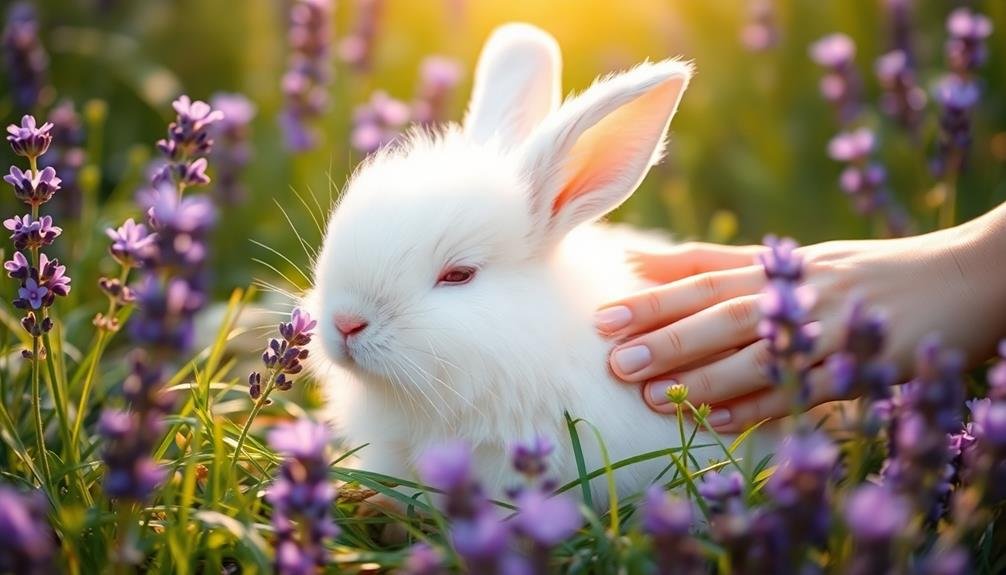
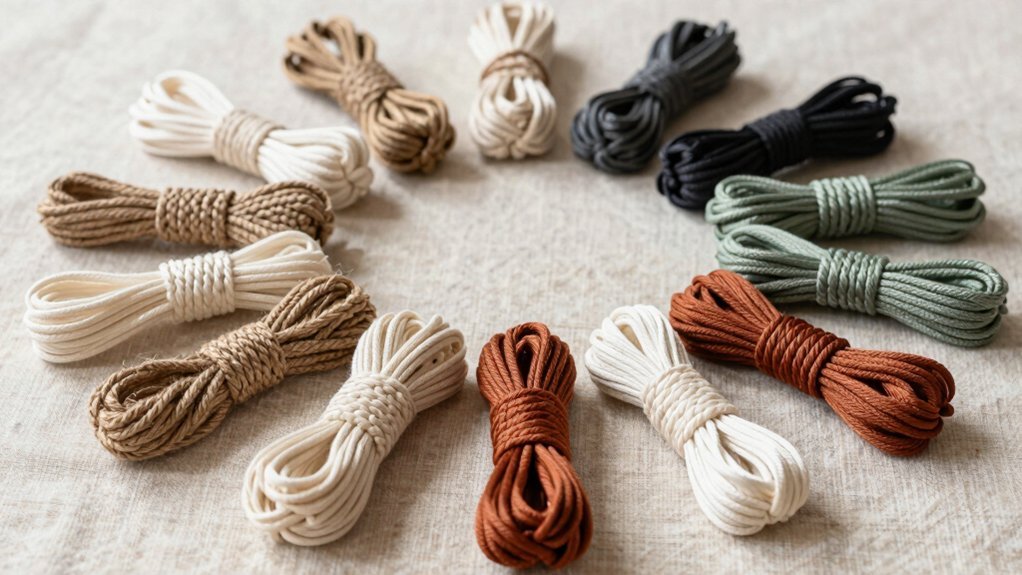
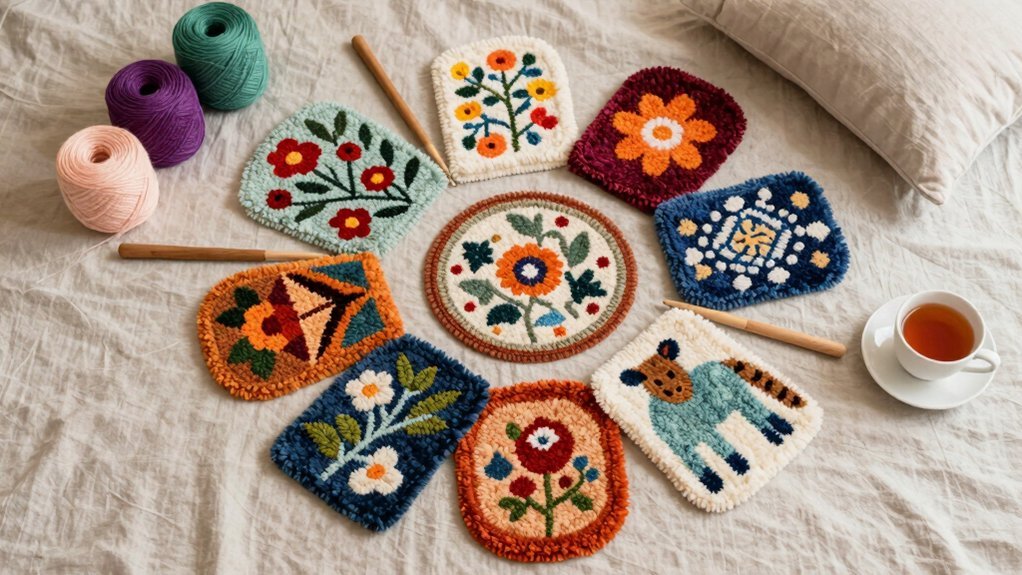
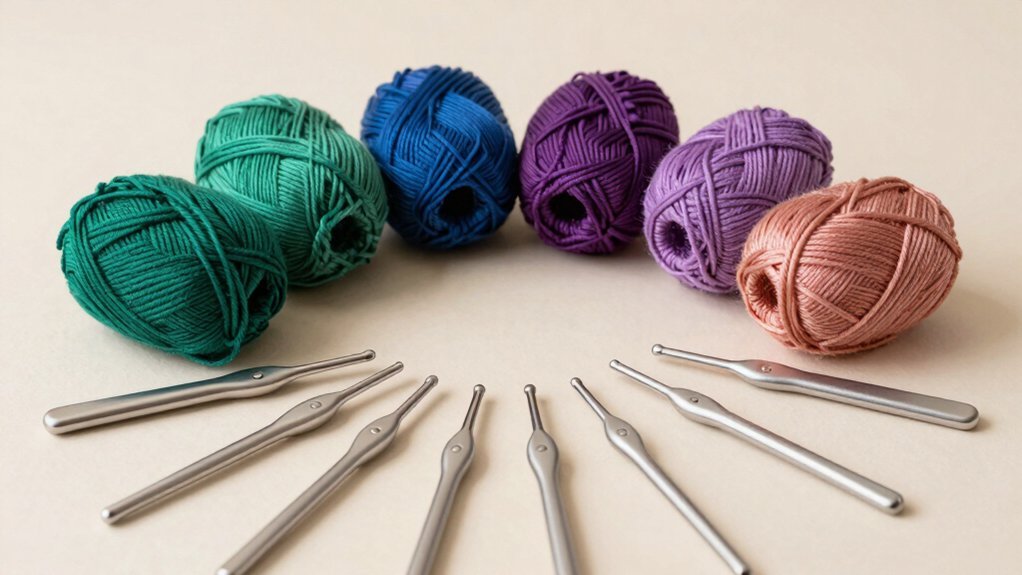
Leave a Reply